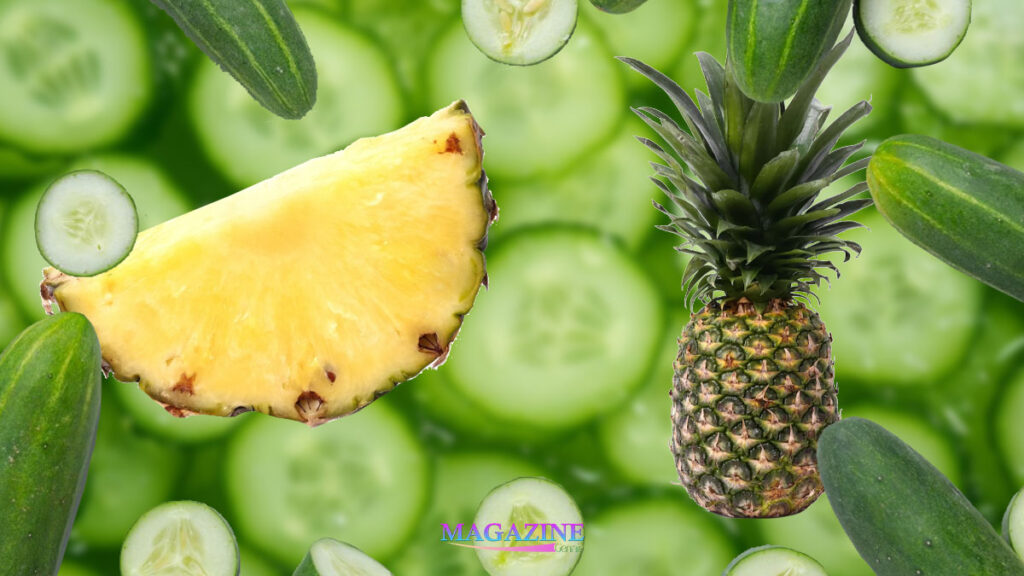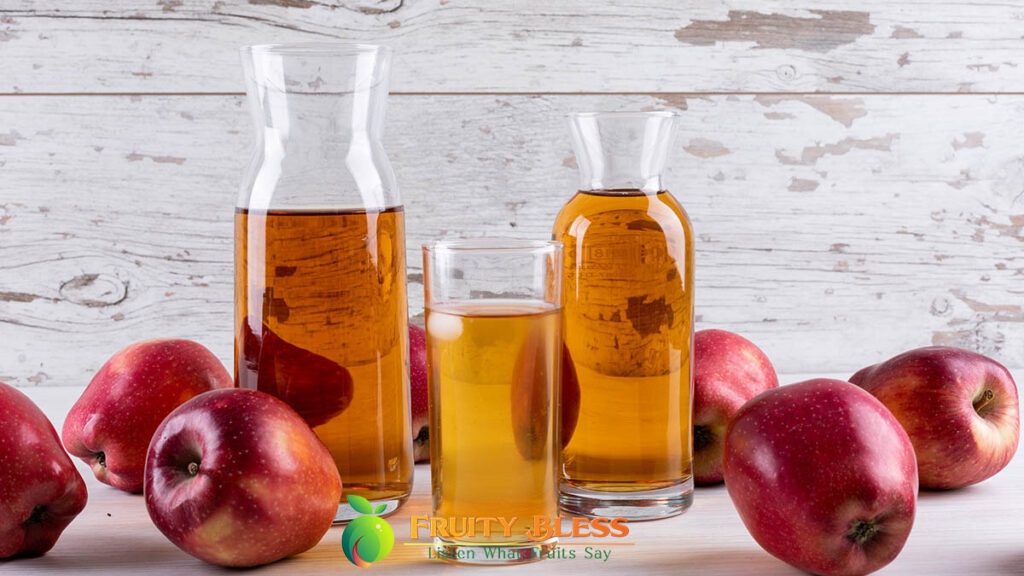Introduction
Sugar is an integral part of our daily diet, but with so many types available, it can be confusing to choose the best one. Whether you’re stirring it into your coffee, baking a cake, or sweetening a sauce, the type of sugar you use can make a significant difference. Today, we’re diving into a sweet comparison between coconut sugar, brown sugar, jaggery, and regular sugar to help you decide which one might be the best fit for your lifestyle.
Table of Contents
Understanding the Different Types of Sugar
What is Coconut Sugar?
Coconut sugar is derived from the sap of the coconut palm tree’s flower buds. It’s a natural sweetener that’s gained popularity for being less processed than regular sugar and retaining more nutrients from the coconut palm. Its caramel-like flavor and granular texture make it a favorite among health-conscious individuals.
What is Brown Sugar?
Brown sugar is essentially regular white sugar that has molasses added back into it after processing. This gives it a distinctive moist texture and rich flavor, which can vary depending on whether it’s light or dark brown sugar. Light brown sugar has less molasses, while dark brown sugar has more, resulting in a stronger flavor.
What is Jaggery?
Jaggery is a traditional, unrefined sugar made from the sap of sugar cane or palm trees. It’s commonly used in Asia, Africa, and Latin America. Jaggery has a rich, complex flavor profile that’s often described as earthy and molasses-like. It’s typically available in block, liquid, or granular forms.
What is Regular Sugar?
Regular sugar, also known as white sugar or table sugar, is the most commonly used sugar. It’s highly refined and processed from sugar cane or sugar beets. The refining process removes all the molasses, leaving pure sucrose crystals that are highly versatile and have a clean, sweet taste.
Nutritional Comparison
Caloric Content
When it comes to calories, all four types of sugar are quite similar. They all contain approximately 15-20 calories per teaspoon. However, because they vary in density and sweetness, you might use different amounts depending on the type.
Glycemic Index
The glycemic index (GI) measures how quickly foods raise blood sugar levels. Regular sugar has a high GI of about 65, making it quickly absorbed and leading to spikes in blood sugar. Brown sugar, being similar in composition to regular sugar, also has a high GI. Coconut sugar and jaggery, however, have lower GIs, around 35 and 40 respectively, meaning they are absorbed more slowly and cause smaller spikes in blood sugar.
Vitamin and Mineral Content
One of the main reasons some people prefer coconut sugar or jaggery over regular sugar is their higher nutritional content. Coconut sugar retains some nutrients from the coconut palm, such as iron, zinc, calcium, and potassium, as well as antioxidants.
Jaggery is known for its iron content and also contains small amounts of calcium, phosphorus, and other minerals. Brown sugar contains some minerals due to the molasses content, but not as much as coconut sugar or jaggery. Regular sugar, on the other hand, is nutritionally void, providing just empty calories.
Health Benefits and Risks
Coconut Sugar
Coconut sugar is often touted as a healthier alternative because of its lower GI and mineral content. However, it’s still sugar and should be consumed in moderation. Its benefits include potentially less impact on blood sugar levels and providing small amounts of nutrients.
Brown Sugar
While brown sugar has a slightly lower GI than white sugar due to its molasses content, it doesn’t offer significant health benefits over white sugar. It does provide a richer flavor, which can enhance baked goods and sauces.
Jaggery
Jaggery is considered a healthier option due to its nutrient content, particularly iron. It’s often used in traditional medicine for its supposed benefits, such as aiding digestion and providing energy. However, like all sugars, it should be consumed in moderation to avoid health issues such as weight gain and tooth decay.
Regular Sugar
Regular sugar is highly processed and devoid of nutrients. Its high GI can cause rapid spikes in blood sugar, leading to energy crashes and contributing to insulin resistance over time. Consuming too much regular sugar is linked to various health problems, including obesity, diabetes, and heart disease.
Taste and Culinary Uses
Coconut Sugar
Coconut sugar has a subtle caramel flavor, making it a great addition to desserts, coffee, and even savory dishes that benefit from a touch of sweetness. It’s less sweet than regular sugar, so you might need to use a bit more to achieve the same level of sweetness.
Brown Sugar
Brown sugar’s moist texture and rich, molasses flavor make it ideal for baking. It’s commonly used in cookies, cakes, and sauces where a deeper flavor is desired. The slight acidity from the molasses also helps in the leavening process, making baked goods tender and moist.
Jaggery
Jaggery’s unique, earthy flavor makes it a favorite in traditional dishes and sweets in many cultures. It can be used in desserts, beverages, and even in savory dishes like curries and marinades. Its granular form can be a direct substitute for sugar, while blocks can be grated or melted down.
Regular Sugar
Regular sugar is incredibly versatile and can be used in almost any recipe that calls for sweetness. Its neutral flavor makes it perfect for beverages, baked goods, sauces, and more. It also helps in achieving the right texture in confections and baked items.
Environmental Impact
The environmental impact of sugar production varies depending on the type. Coconut sugar is often considered more sustainable because coconut palms require less water and can produce sap for many years.
Brown sugar and regular sugar, derived from sugar cane or beets, can have significant environmental footprints due to the intensive water and land use, as well as the refining process. Jaggery, being less processed, generally has a lower environmental impact, but this can vary depending on production methods.
Cost and Availability
Coconut sugar is usually more expensive than regular sugar due to its production process and lower yield. Brown sugar is moderately priced, often comparable to regular sugar. Jaggery’s cost can vary widely depending on the source and form but is generally affordable. Regular sugar is the most readily available and cheapest option, found in virtually every grocery store.
Conclusion
When it comes to choosing between coconut sugar, brown sugar, jaggery, and regular sugar, the best option depends on your priorities. If you’re looking for a more natural, less processed option with some nutritional benefits, coconut sugar or jaggery might be the way to go. For a rich flavor in baking, brown sugar is a great choice. However, if convenience and cost are your main concerns, regular sugar remains a staple. Remember, moderation is key, no matter which type of sugar you choose.
FAQs
1. Is coconut sugar healthier than regular sugar?
Coconut sugar has a lower glycemic index and retains some nutrients, making it a slightly healthier option than regular sugar. However, it is still sugar and should be consumed in moderation.
2. Can I substitute brown sugar for regular sugar in recipes?
Yes, you can substitute brown sugar for regular sugar. Keep in mind that brown sugar will add a molasses flavor and moisture to your recipe.
3. What is the best sugar for baking?
It depends on the recipe. Brown sugar adds moisture and a rich flavor, while regular sugar is neutral and versatile. Coconut sugar and jaggery can also be used but may alter the flavor and texture.
4. Does jaggery have health benefits?
Jaggery contains iron and other minerals, making it a slightly healthier alternative to regular sugar. It’s also used in traditional medicine for its purported health benefits.
5. Is coconut sugar environmentally friendly?
Yes, coconut sugar is often considered more sustainable because coconut palms require less water and can produce sap for many years.


